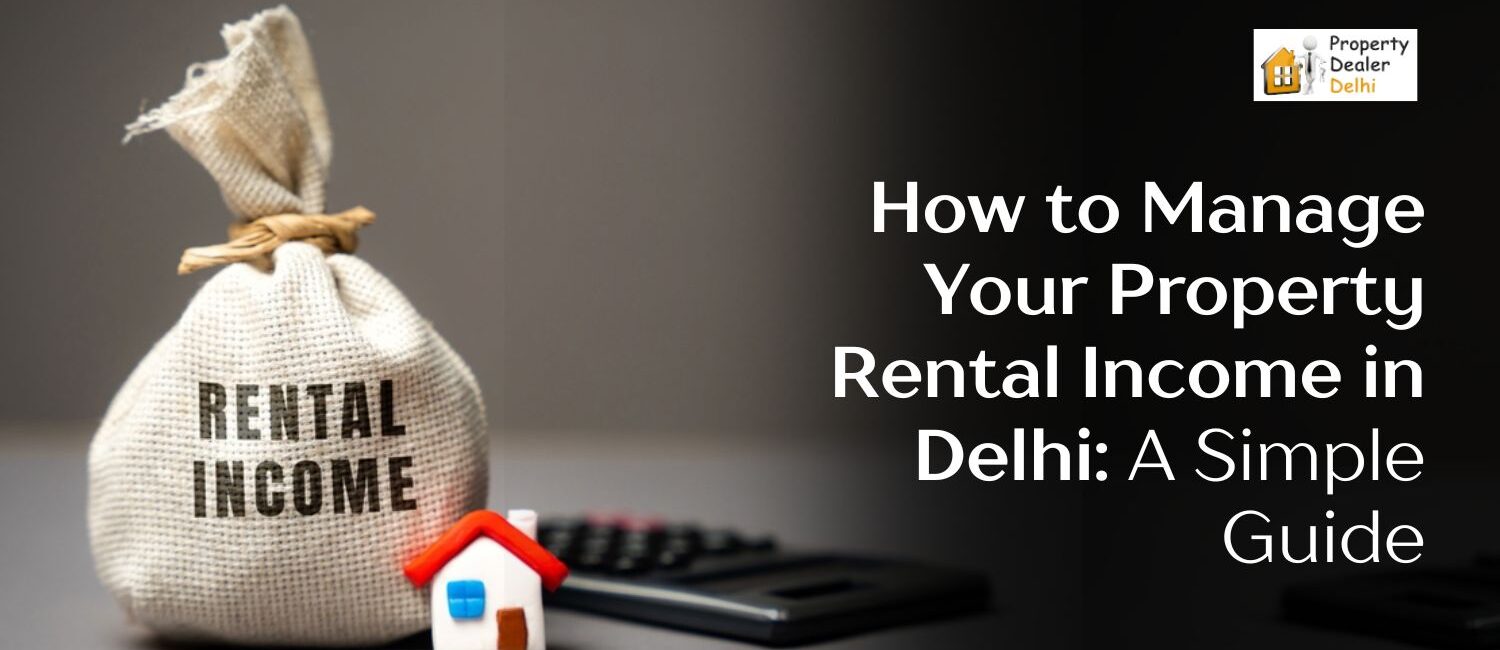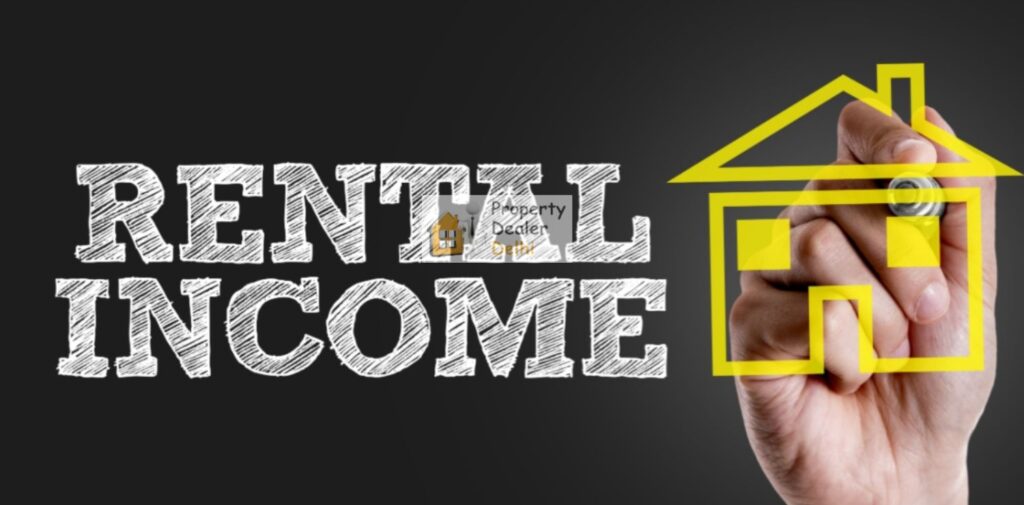
Owning a rental property in Delhi can be a great source of passive income. Whether you’ve invested in an apartment, house, or commercial space, managing your rental income wisely is crucial to ensuring that your investment grows over time. From budgeting and taxation to maintenance and dealing with tenants, there are several factors to consider when managing your property rental income in Delhi. This guide will walk you through to Manage Your Property Rental Income in Delhi.
Keep Track of Rental Payments and Expenses
The first step in managing your rental income is keeping accurate records of your rental payments and related expenses. It’s important to have a system in place to track your rental income each month. This will help you monitor your cash flow and ensure that your tenants are paying on time.
You can create a simple spreadsheet to track rental payments, or use accounting software to manage your finances more effectively. Record the amount of rent collected, along with any late fees or additional charges for utilities. Similarly, keep track of all expenses related to the property, such as maintenance costs, property taxes, and insurance premiums. This will help you assess the profitability of your property and ensure that you are maintaining it properly.
It’s also wise to set aside a portion of your rental income for emergency repairs and maintenance. While your property might be in great condition now, unexpected repairs can arise, and having an emergency fund can help you manage such costs without affecting your income.

Pay Taxes on Rental Income
In India, rental income is subject to tax, and it’s essential to understand the taxation rules so that you don’t run into any legal issues. As a property owner in Delhi, the income you earn from renting out your property is considered taxable under the Income Tax Act.
However, there are certain deductions you can claim, which can help reduce your taxable income. For example, you can deduct property taxes, maintenance charges, and even the interest on a home loan (if applicable). If your property is rented out, you are also eligible for a standard deduction of 30% on the annual rent income, which covers expenses like repairs and maintenance.
It’s a good idea to consult a tax professional or accountant to ensure that you are filing your taxes correctly and taking advantage of all eligible deductions. By doing so, you can avoid penalties and manage your rental income in the most tax-efficient way possible.
Maintain Your Property Regularly
To ensure that your rental property remains in good condition and continues to attract tenants, it’s important to carry out regular maintenance and repairs. This includes both minor fixes, such as repainting walls or cleaning drains, and more significant repairs like replacing old appliances or fixing plumbing issues.
If you don’t manage the property yourself, consider hiring a property management company to handle maintenance. These companies can help you with everything from scheduling repairs to dealing with tenant complaints. It’s also essential to ensure that your property complies with local safety regulations, such as fire safety and structural integrity, which could prevent potential legal issues down the line.
Regular maintenance not only keeps the property in good condition but also helps retain tenants. Happy tenants are more likely to renew their leases, reducing the risk of vacancies and ensuring a steady flow of rental income. Additionally, investing in upgrades like energy-efficient appliances or modern bathrooms can increase the overall value of your property and potentially justify higher rent.

Deal with Tenants Responsibly
Managing tenants is an essential part of handling rental income. The relationship between you and your tenants can significantly impact your rental income, and maintaining clear communication is key. Ensure that you have a clear rental agreement in place, which outlines the rent amount, payment due dates, security deposits, and any other terms of the lease. This will help avoid misunderstandings and disputes later on.
It’s also essential to screen your tenants carefully before agreeing to a lease. Check their rental history, financial background, and references to ensure they are reliable and trustworthy. Good tenants will pay rent on time and take care of the property, which makes managing your rental income much easier.
In case of late payments, address the situation calmly and professionally. Establish a system for handling overdue payments, and try to resolve issues amicably. Keeping open lines of communication will foster a better relationship with your tenants and help prevent problems that could affect your rental income.
Conclusion: Rental Income in Delhi
Managing your property rental income in Delhi requires a combination of good financial management, regular maintenance, proper tax planning, and effective tenant management. By keeping track of your income and expenses, adhering to tax laws, maintaining your property, and maintaining positive relationships with tenants, you can ensure that your rental property continues to provide a steady source of income. If you’re new to property investment, consider seeking professional advice to help you navigate the complexities of property management. With the right approach, renting out property in Delhi can be a highly rewarding experience.

